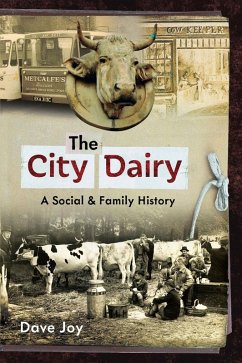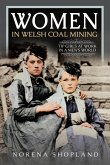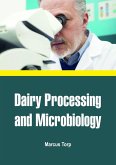The early nineteenth century witnessed the mass movement of people from Britain's countryside into its burgeoning towns and cities; people came to the city in search of work. This prompted many dairy farmers to follow suit and move themselves, their family and their cows into the country's growing metropolises, where they opened the first generation of city dairies.In the 1830s, transportation in Britain was revolutionized by the coming of the railways, enabling foodstuffs, including milk, to be transported in bulk from countryside to city. Large dairy companies took advantage of this opportunity, opening a new generation of retail dairies. The demand for milk was so great that some cities boasted a dairy at the end of every street.For the next hundred years the cowkeepers fought a rear-guard action against the mighty corporate dairies and their attempts to monopolize the liquid milk market. The cowkeepers continued to produce their own milk, selling it - 'fresh from the cow' - over the dairy counter and out on the milk round. These dairies were kept in the family, handed down through successive generations.Despite surviving two World Wars, the rapid technological, social and economic changes that followed, brought about the demise of the traditional cowkeeper. But the city dairy continued as a family business, working as part of a national distribution network, overseen by the Milk Marketing Board. Out on the round, the family dairyman was almost indistinguishable from the corporate milkman.The sixties and seventies saw the arrival of the Supermarket, a game-changer in retailing. To survive, the city dairy had to change once more. It expanded its offer and seamlessly joined the ranks of those other most British of institutions: the Corner Shop and the Convenience Store.
Dieser Download kann aus rechtlichen Gründen nur mit Rechnungsadresse in A, B, BG, CY, CZ, D, DK, EW, E, FIN, F, GR, HR, H, IRL, I, LT, L, LR, M, NL, PL, P, R, S, SLO, SK ausgeliefert werden.









